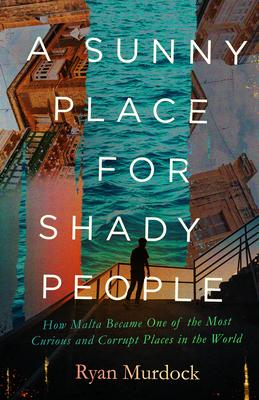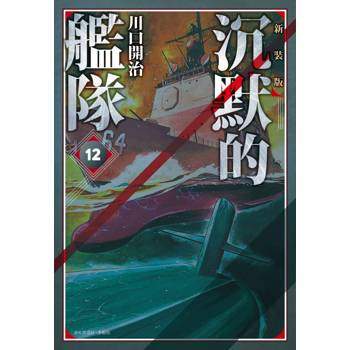The car bomb assassination of Maltese investigative journalist Daphne Caruana Galizia in 2017 shocked the European Union and put the world’s spotlight on an island so small that few knew it was an independent country and even fewer could find it on the map. But Caruana Galizia’s death didn’t come as a surprise to those who lived there.
Ryan Murdock had visions of living a slow-paced island life on the Mediterranean while writing about his experiences, so in 2011 he moved from Canada to Malta. To the casual visitor, Malta is a sleepy place with sun-soaked shorelines and ancient fortified harbors. Murdock imagined it to be an archipelago island of warm weather, gorgeous views, busy cafes, and grilled fish dinners. On the surface, it was. The six years Murdock spent in Malta revealed an insular culture whose fundamental baseline is amoral familism, a worldview in which any action taken to benefit one’s family or oneself is justifiable, regardless of whether it is legal or ethical. In such a place murder may or may not be wrong, depending on what one thinks of another’s politics. This pervasive perspective created a culture of corruption that rose all the way to the top of the island nation. The office of the prime minister was implicated in Caruana Galizia’s murder, and the investigation continues to reveal a government mired in money laundering, human trafficking, fuel smuggling, and the sale of EU passports to Russian and Middle Eastern oligarchs. Interspersed with personal narrative, Murdock delves into Malta’s unique geopolitical, cultural, ethnic, and religious history--one that transformed it from a hub of prehistoric rule into a modern society where a powerful cabal of political and business leaders nearly got away with murder.| FindBook |
有 1 項符合
A Sunny Place for Shady People的圖書 |
 |
A Sunny Place for Shady People 出版社:Trinity University Press 出版日期:2024-04-23 語言:英文 規格:精裝 / 普通級/ 初版 |
| 圖書館借閱 |
| 國家圖書館 | 全國圖書書目資訊網 | 國立公共資訊圖書館 | 電子書服務平台 | MetaCat 跨館整合查詢 |
| 臺北市立圖書館 | 新北市立圖書館 | 基隆市公共圖書館 | 桃園市立圖書館 | 新竹縣公共圖書館 |
| 苗栗縣立圖書館 | 臺中市立圖書館 | 彰化縣公共圖書館 | 南投縣文化局 | 雲林縣公共圖書館 |
| 嘉義縣圖書館 | 臺南市立圖書館 | 高雄市立圖書館 | 屏東縣公共圖書館 | 宜蘭縣公共圖書館 |
| 花蓮縣文化局 | 臺東縣文化處 |
|
|
圖書介紹 - 資料來源:博客來 評分:
圖書名稱:A Sunny Place for Shady People
內容簡介
作者簡介
Journalist and podcaster Ryan Murdock is the author of Vagabond Dreams: Road Wisdom from Central America and editor-at-large (Europe) for Outpost, Canada’s national travel magazine. He shares his love of travel literature through book reviews focused on the classics and thePersonal Landscapes podcast and writes regularly for the Shift, an independent Maltese news portal. He lives in Berlin.
|











